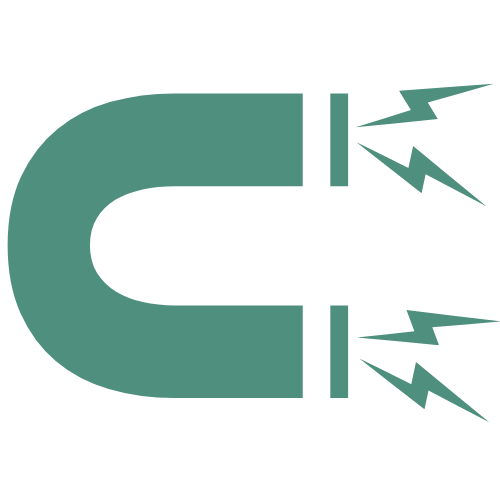Job Search January Challenge #8
Many components go into a successful job search:
- Networking clues you into job opportunities
- Your cover letter introduces you as a viable applicant
- Your resume earns interviews
- Your interviewing skills gain status on the short list of candidates
But even if you earn your way to the final round, one often-overlooked component of your job search has the power to seal the deal or break it: Your References.
Review your references
Many job seekers put a lot of effort into their resumes, and rightly so, but then choose their references as an afterthought. Review the people you’ve worked with, even peripherally, for those who might provide the most positive, most appreciative accounts of your professional demeanor.
It would be naïve to assume that any prospective employer will only check the references you provide. Employers will check references with increasing detail for positions of increasing salary, level, or responsibility. Still, the references you provide will be a starting point for them. Use the opportunity to guide them to speak with people who will shine the best light on you.
Research what your references are saying
If you’ve been in the job market and have been getting interviews but not job offers, you might be receiving negative reports from your references. Don’t just assume every report is glowing. Find out. Call them and ask. Use this opportunity to reconnect and to let them know you are on the job market and hoping for a positive reference.
If you are still suspicious that your reference checks are negative, you might just be right. According to Allison & Taylor Reference Checking, Inc. almost one half of all references fall in the poor to mediocre range.
Relate—be in contact with your references
Remember how critical networking can be in your job search? Reconnecting with your references is a great opportunity! Here are some of the things to mention when you reach them:
1. Let them know you’re in the job market
2. Ask if you might use them as a reference
3. Tell them what type of position you’re seeking
4. If they’re already getting calls, ask what they’ve been saying
5. Suggest what your target employers might need to know about you (your references may repeat what you say here, so script a positive report, then ask if they agree with that assessment)
6. Thank them for their support, for any information they might share, and always, ask if there is anything you might do for them
Challenge #8: Check Your Own References!
Make a list of your former employers, co-workers, clients, even bankers or vendors. Consider which might give the most positive reports about you. Contact them and ask whether they’d mind being listed as references and ask what they’d say.
Contact all your other work history connections to find out what they’ll say or have been saying, then make every effort to repair problems or maintain their professional esteem.
Your job offer likely hinges on your references, so know what they are saying. This should be good incentive to be professional, exit a position with grace, and maintain a positive relationship with former colleagues and employers. It is never too late to do this or to mend fences. Good luck!

